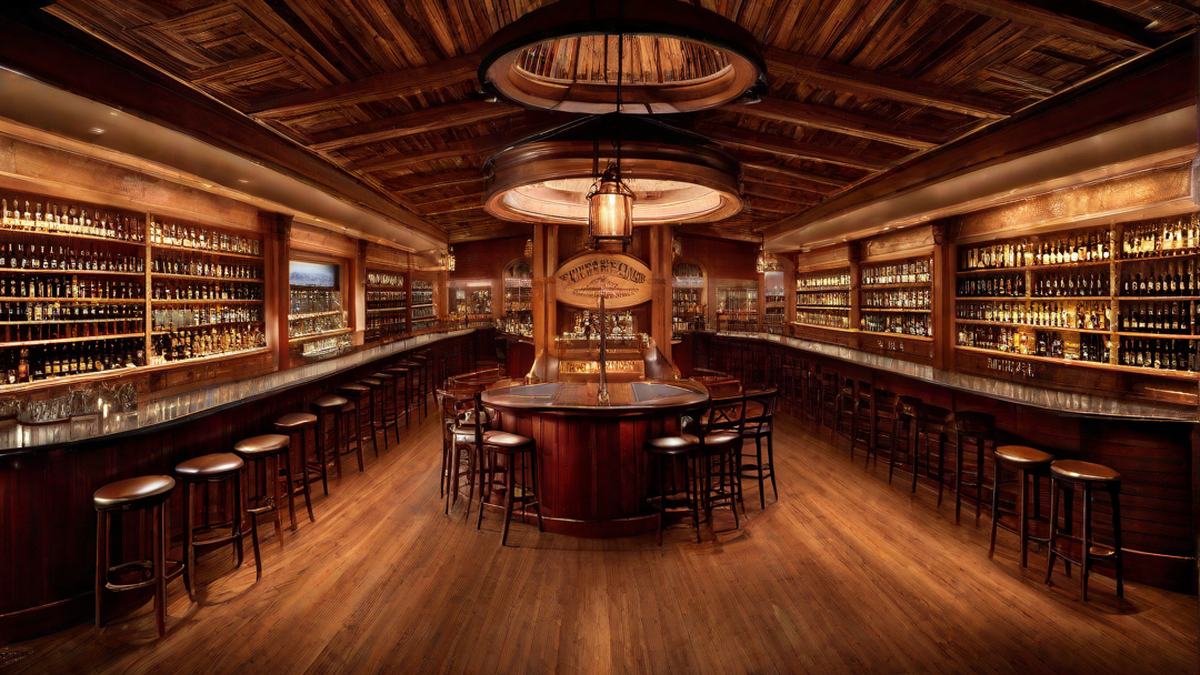During biblical times, the production of wine was highly valued and played a crucial role in everyday life. Being a wine lover, I am captivated by the historical techniques used and would love to divulge the intricate methods of wine-making during this era.
Winemaking in biblical times began with the cultivation of grapevines. The process of growing grapes required careful attention to the climate, soil conditions, and proper pruning techniques. It was crucial for the vines to receive adequate sunlight and to be protected from pests and diseases. The dedication and expertise of the vintners were paramount in ensuring a successful harvest.
Once the grapes were ripe and ready for harvest, they were carefully hand-picked to ensure only the finest quality fruit was used. This meticulous selection process was crucial because the flavor and character of the wine were directly influenced by the grapes’ quality.
After the harvest, the grapes would be gently pressed to extract the juice. In ancient times, this process was often done by foot stomping. This method not only separated the juice from the grape skins but also helped to release the natural sugars and flavors from the fruit. It’s fascinating to think about the labor that went into this process, as it required physical strength and coordination to achieve the desired result.
Once the juice was extracted, it would be transferred to large clay jars or stone fermentation vessels. These containers were carefully sealed to prevent any unwanted exposure to air or contaminants. The fermentation process would then begin naturally, as the yeast present on the grape skins would interact with the sugars in the juice, turning them into alcohol.
During fermentation, the winemakers would monitor the temperature and sugar levels regularly. They would ensure that the environment was optimal for the yeast to thrive and convert the sugars into alcohol. This process could take weeks or even months, depending on various factors such as temperature and desired flavor profile.
After the fermentation process was complete, the wine would be carefully transferred to storage vessels, such as amphorae or wooden barrels. These containers would allow the wine to mature and develop its unique characteristics over time. Aging wine in wooden barrels was particularly popular during biblical times, as it added depth and complexity to the final product.
Finally, the wine was ready to be consumed and enjoyed. From festive celebrations to daily meals, wine played a significant role in biblical culture. It was a symbol of joy, abundance, and blessing. As I reflect on the ancient winemaking process, I can’t help but appreciate the commitment and craftsmanship that went into creating a drink that brought people together.
In conclusion, winemaking in biblical times was a labor-intensive and deeply respected craft. The attention to detail, from the cultivation of the grapes to the fermentation and aging process, resulted in wines that were cherished and celebrated. Today, we can still appreciate the ancient art of winemaking and raise our glasses to the rich history and traditions that continue to inspire us.




